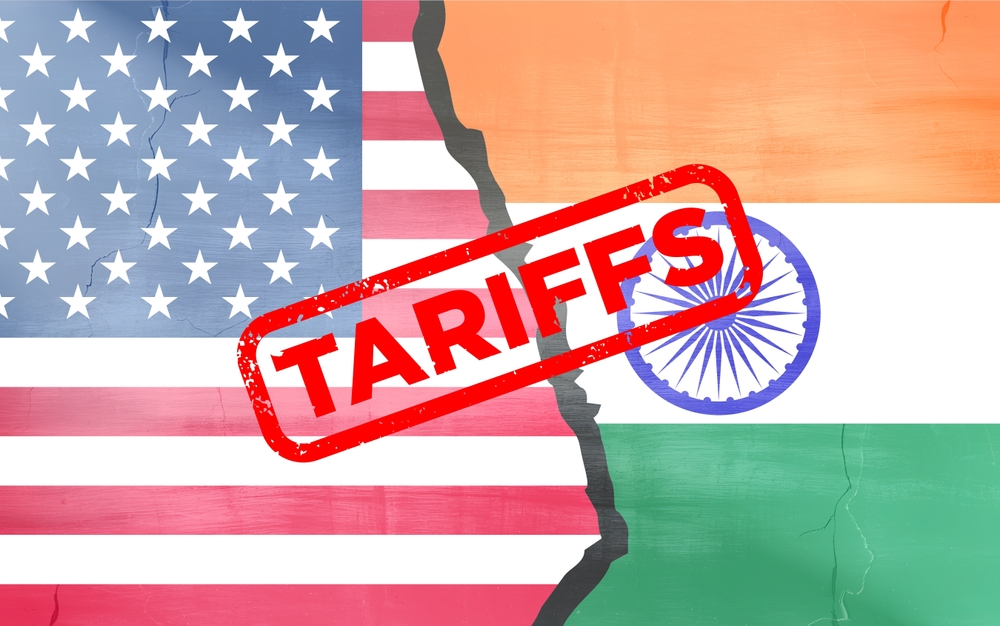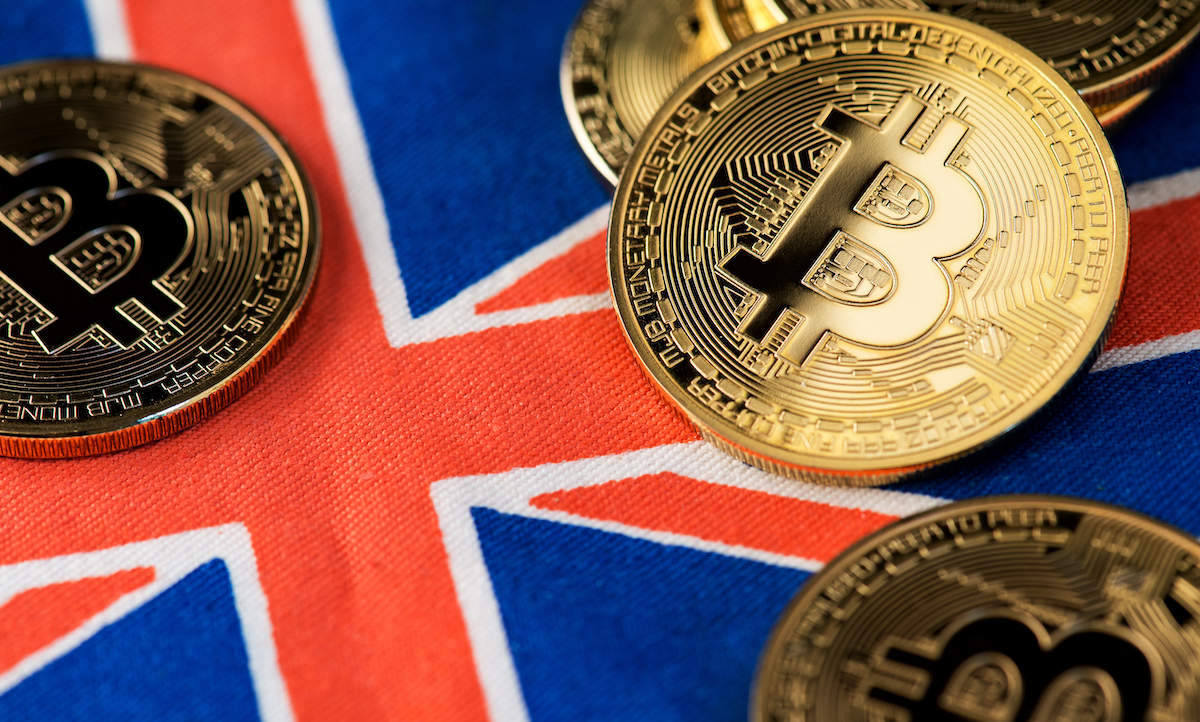India’s Oil Dilemma: Can It Afford to Cut Off Russia?

As US pressure mounts over its energy ties with Moscow, India faces a tough choice — balancing economic pragmatism with diplomatic realities.
After President Donald Trump threatened 50% tariffs on Indian goods for continuing to buy Russian oil and claimed that Prime Minister Narendra Modi had agreed to phase out such imports, both New Delhi and Moscow reacted cautiously. Russia’s envoy Denis Alipov defended the trade, calling it “beneficial for the Indian economy,” while India reiterated that its import policy is guided by “consumer interests in a volatile energy market.”
But how deep does India’s reliance on Russian oil actually run?
How Russia Became a Key Supplier
In the last fiscal year, India — the world’s third-largest oil importer — bought $52.7 billion worth of Russian crude, accounting for 37% of its total oil imports. This shift followed the Ukraine war, when Western sanctions prompted Moscow to offer discounted crude, making it irresistible for Indian refiners.
Imports from Russia surged from just 4 million tonnes in 2021–22 to 87 million tonnes in 2024–25, saving India about $5 billion annually — roughly 3–4% of its crude import bill. The average discount on Russian crude hovered around 10–14%, giving Indian refiners a valuable cushion amid global volatility.
Meanwhile, India’s traditional Gulf suppliers — Iraq, Saudi Arabia, and the UAE — saw their market share drop even as their export volumes held steady. Imports from the US, Brazil, Nigeria, and others, however, plunged by more than half.
Economic and Technical Stakes
Experts say India’s refineries are designed for medium-to-heavy crude grades like Russia’s Urals blend. Replacing it with lighter US shale oil would mean costly recalibrations and lower yields of key fuels such as diesel and jet fuel.
“Russian oil offers both price stability and refinery compatibility,” says Ajay Srivastava of the Global Trade Research Initiative (GTRI). “Switching away would hit refining margins and consumer prices.”
Analysts warn that cutting off Russia could push global prices higher, erasing India’s savings and worsening inflation at home. While oil prices have already fallen 27% this year, the broader energy market remains unpredictable.
Diplomatic Crossroads
The dilemma extends beyond economics. India risks straining ties with Washington, where trade talks have already stalled. Yet Moscow remains a long-standing strategic ally and a key defense partner.
For now, India seems unwilling to abandon discounted Russian oil — not just for the savings, but to safeguard energy security in an unstable world. As Srivastava puts it, “It’s not just about oil — it’s about leverage.”


